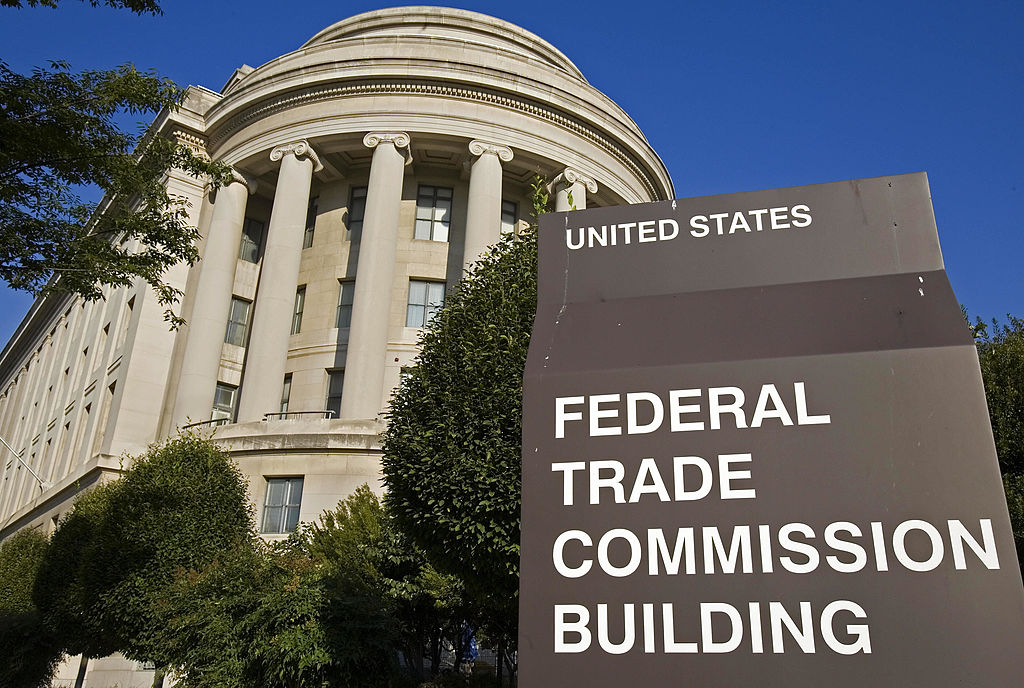FTC Issues Guidance for Online Brand Influencers

The smarter way to stay on top of broadcasting and cable industry. Sign up below
You are now subscribed
Your newsletter sign-up was successful
The Federal Trade Commission has released guidance for "when and how" online influencers need to disclose their sponsorships and relationships to advertisers so they don't run afoul of prohibitions on deceptive ads.
Disclosures 101 for Social Media Influencers, with accompanying videos, explains that influencers are responsible for disclosing endorsements and provides examples of when a brand relationship requires disclosures.
The FTC explains that if a brand gives them discounts, or free stuff, or pays them, they have to let their followers know that.
One video advises them that their disclosure shouldn't be in their profile or in "a bunch of hashtags," but "early in the message or superimposed prominently on the picture."
[embed]https://www.youtube.com/watch?v=rosIrY_Aagc[/embed]
Among the helpful tips--to help them stay on the right side of the law--include:
1. "You can’t talk about your experience with a product you haven’t tried.
The smarter way to stay on top of broadcasting and cable industry. Sign up below
2. "If you’re paid to talk about a product and thought it was terrible, you can’t say it’s terrific.
3. "You can’t make up claims about a product that would require proof the advertiser doesn’t have – such as scientific proof that a product can treat a health condition."
The FTC's message is, basically, if in doubt, spell it out: "If you endorse a product through social media, your endorsement message should make it obvious when you have a relationship (“material connection”) with the brand," it said.
Contributing editor John Eggerton has been an editor and/or writer on media regulation, legislation and policy for over four decades, including covering the FCC, FTC, Congress, the major media trade associations, and the federal courts. In addition to Multichannel News and Broadcasting + Cable, his work has appeared in Radio World, TV Technology, TV Fax, This Week in Consumer Electronics, Variety and the Encyclopedia Britannica.

